National News Legal
Should I gift or Will my property to my children?

Representational image
- By Mutual Agreement -Donor and Donee may agree that the gift shall be revoked on happening of an event and only on mutual agreement and not mere at the will of donor. The condition revoking the gift must be express; it should not be merely in the form of a wish or desire. In other words, the condition on the non-fulfilment of which the donor may revoke the gift must be expressly laid down in the gift. It is necessary that the condition of revocation is made at the time of gift and not afterwards.
- By Rescission as Contracts – Section 19 of the Indian Contract Act provides that ?Where consent to an agreement is caused by coercion, undue influence, fraud or misrepresentation, the agreement is a contract voidable at the option of the party whose consent was so obtained. As we know Gift is gratuitous transfer of ownership made voluntarily and if it could be proved that the transfer was not made voluntarily the Gift may be revoked by the donor.
Legal
Karnataka High Court says wearing hijab non-essential practice in Islam; upholds ban
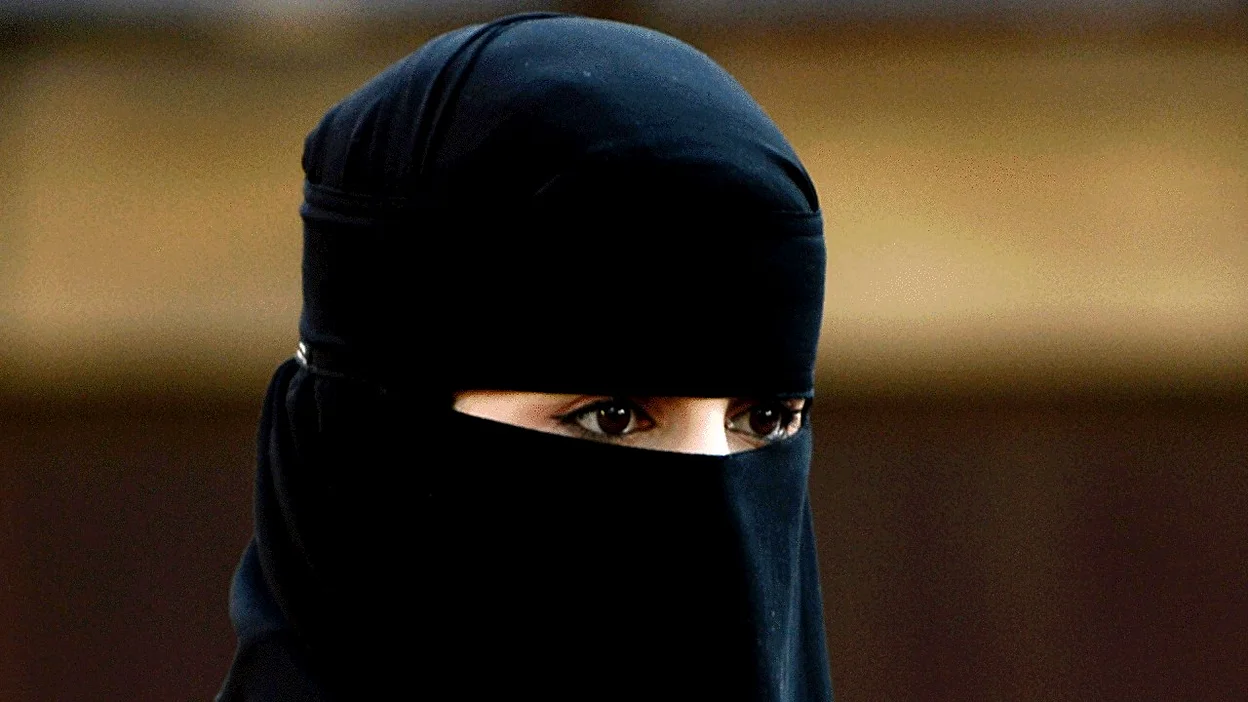
Representational image
The Karnataka High Court on Tuesday upheld hijab ban by dismissing petitions filed by a section of Muslim students from the Government Pre-University Girls College in Udupi seeking permission to wear hijab inside classrooms.
The court upheld the state government ban by saying, The prescription of school uniforms is a reasonable restriction.
The court further said hijab was not an essential religious practice in Islam. However, the petitioners are likely to challenge the ban in the Supreme Court.
“Met my clients in Hijab matter in Udupi. Moving to SC soon In sha Allah. These girls will In sha Allah continue their education while exercising their rights to wear Hijab. These girls have not lost hope in Courts and Constitution,” lawyer Anas Tanwir wrote in a tweet.
The court was answering three key questions on the controversy namely:
1. Whether wearing hijab is an essential religious practice in Islamic faith protected under Article 25?
2. Whether prescription of school uniform is violative of rights
3. Whether government order on February 5 was issued without application of mind and manifestly arbitrary?
A three judge bench comprising Chief Justice Ritu Raj Awasthi, Justice Krishna S Dixit and Justice JM Khazi delivered their verdict on the ongoing hijab controversy at 10.30 am today.
Ahead of the hijab row verdict, Section 144 was imposed in Bangalore and educational institutions remained closed.
Legal
SC grants bail to Rajiv Gandhi’s assassination convict AG Perarivalan jailed for 32 years

Rajiv Gandhi
The Supreme Court, on Wednesday afternoon, granted bail to AG Perarivala, one of the seven convicts in former Prime Minister Rajiv Gandhi assassination case.
However, the remission of his life imprisonment is pending before the President of India. AG Perarivala was serving life sentence and was jailed for almost 32 years.
Granting him bail, the court, in its order, said: Since Perarivalan has already undergone sentence for more than 30 years, we are of the considered view that he is entitled to bail in spite of the vehement opposition by the Additional Solicitor General Additional KM Nataraj.
Legal
Supreme Court to allow journalists inside courtrooms for physical hearing of cases

The Supreme Court of India, on Thursday, October 21, resumed hearing of cases and pleas in the physical mode for the first time since March 2020, when the COVID-19 pandemic broke out in India.
The Supreme Court has recently issued new SoPs for hybrid hearings as per which all cases on Wednesdays and Thursdays to be heard only in the physical presence of the counsels/parties in courtrooms.
Along with this, SC also decided to allow media persons inside the courtroom during the physical hearings. However, journalists would have to strictly adhere to COVID-19 related norms and protocols.
?With the physical hearing in the Supreme Court of India commencing tomorrow (Thursday, 21 October 2021), it has been decided to allow the media persons, subject to usual COVID restrictions, into the courtrooms for covering the proceedings,” said the top court in a press note.
Supreme Court heard cases through video conference since March last year due to the pandemic and several bar bodies and lawyers demanded that the physical hearings should be resumed immediately.
-
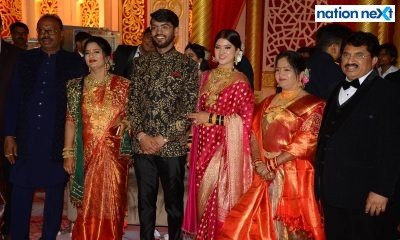
 Social3 years ago
Social3 years agoPoliticians, businessmen shower blessings on Chandrashekhar Bawankule’s son Sanket at his wedding reception
-

 Social3 years ago
Social3 years agoNagpur gets its first 7 am cafe ‘SEVEN O’ ELEVEN’ at Shraddhanand Peth
-

 Parties3 years ago
Parties3 years agoCouples have a blast, win awards at ‘Hollywood Oscar Night’ in Nagpur
-
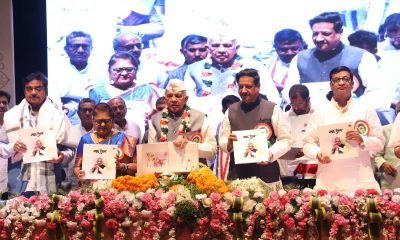
 Politics3 years ago
Politics3 years agoShatrughan Sinha, Prithviraj Chavan grace Ranjeet Deshmukh’s 75th birthday celebrations in Nagpur
-
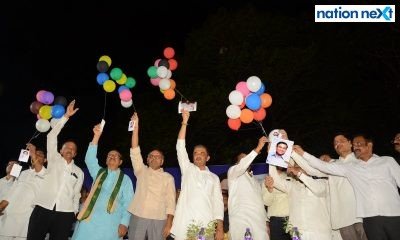
 Social3 years ago
Social3 years agoSunil Kedar kicks off 10-day Late Dr Shrikant Jichkar Memorial Cricket Tournament in Nagpur
-
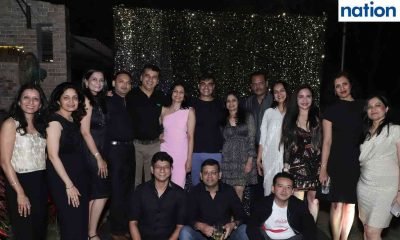
 Parties3 years ago
Parties3 years agoFamily, friends ‘wine n dine’ at Dr Shilpa Mukherji’s birthday bash in Nagpur
-
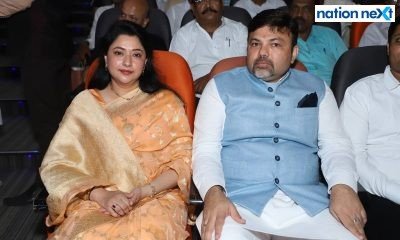
 Politics3 years ago
Politics3 years agoDisgruntled Ashish Deshmukh resigns as Maharashtra Congress General Secretary
-
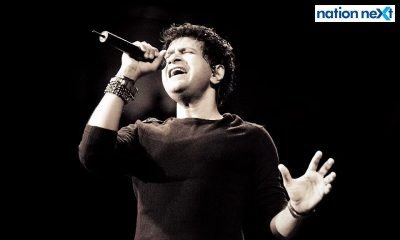
 Remembrance3 years ago
Remembrance3 years agoRenowned singer KK passes away at 53





